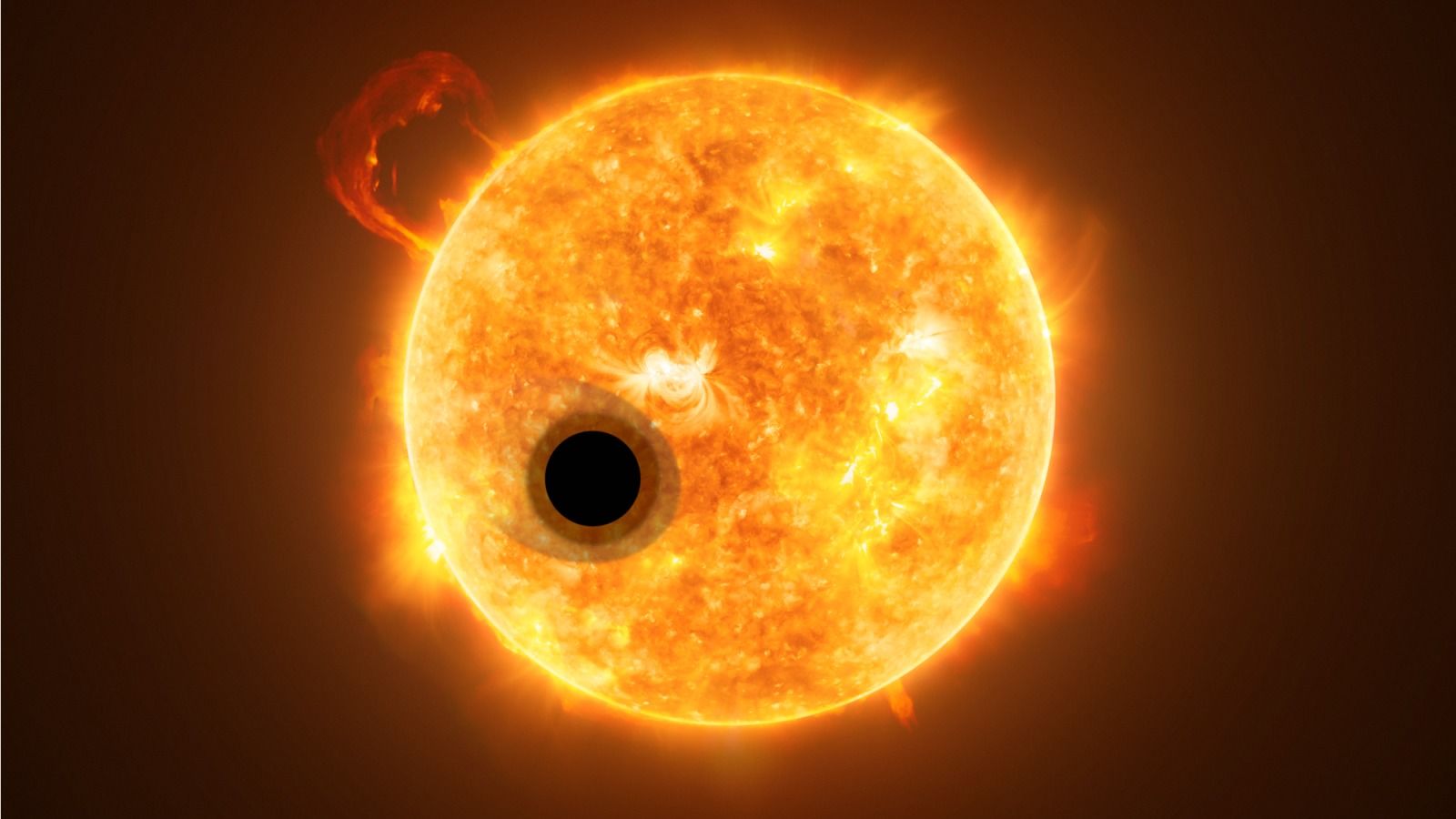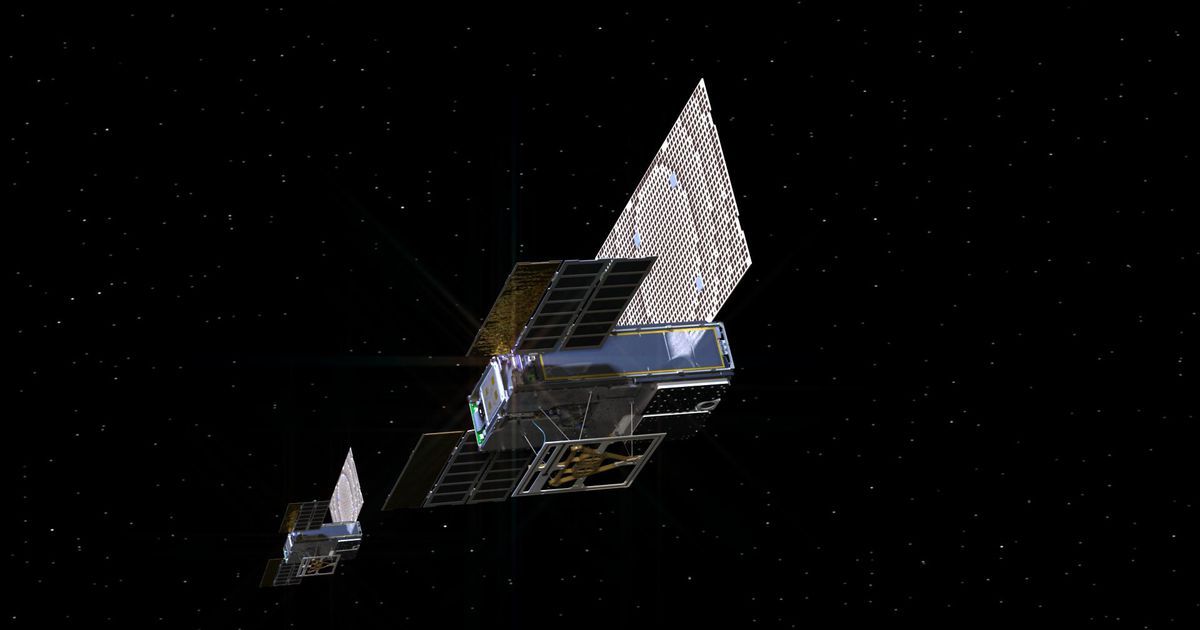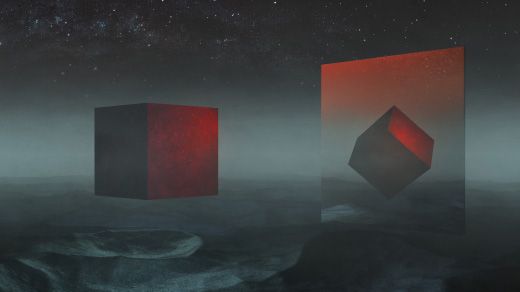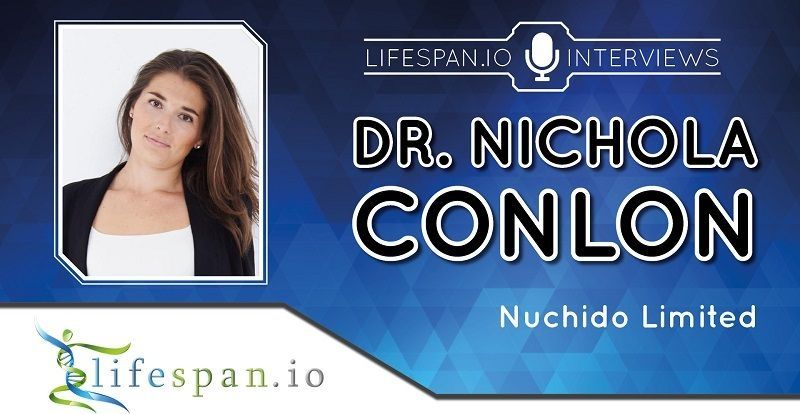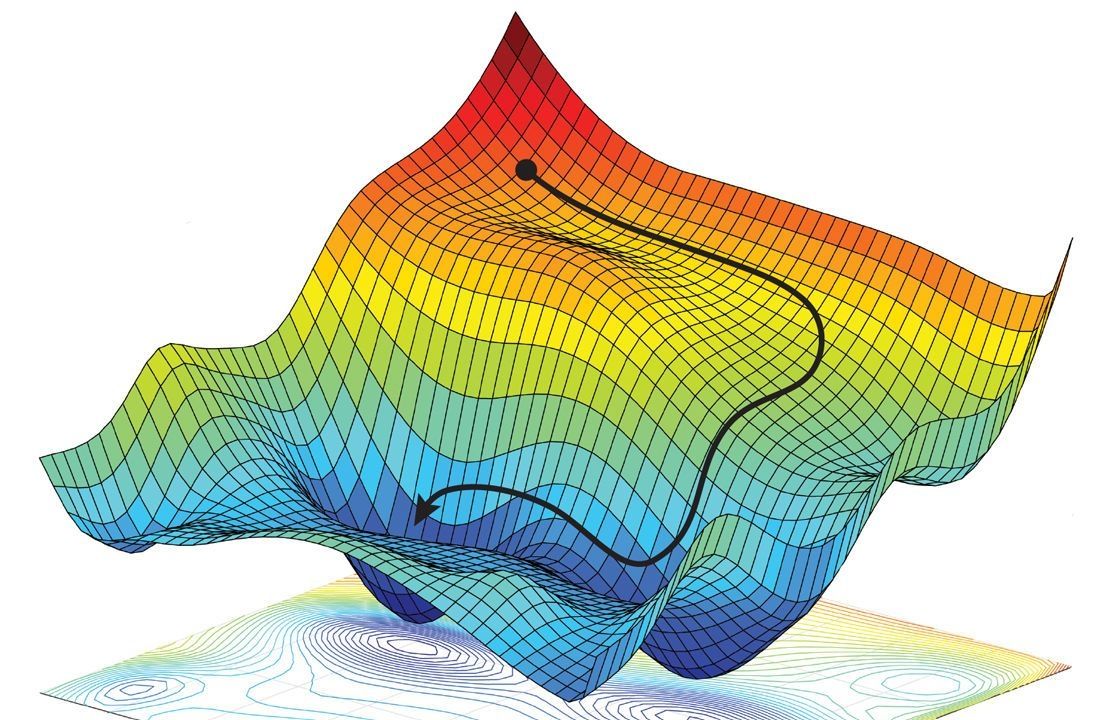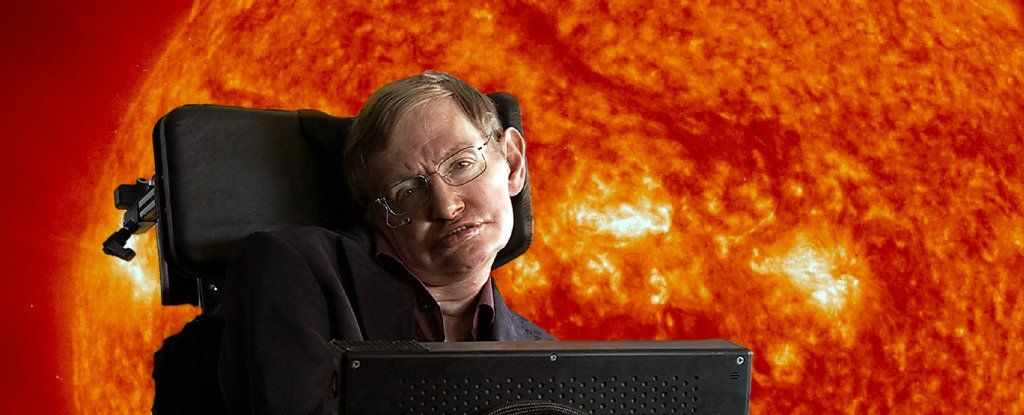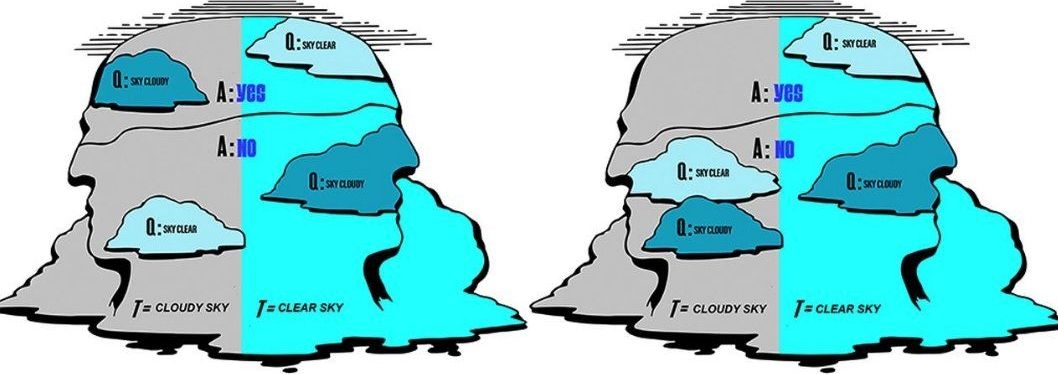Page 8859
May 3, 2018
The First Exoplanet Known to Contain Helium Is a Truly Alien World
Posted by Genevieve Klien in category: alien life
In addition to filling balloons at birthday parties, helium can be found scattered throughout the cosmos. To date, however, scientists have struggled to detect the ubiquitous element on distant worlds, even though the gas is certain to be there. But that’s now changed, thanks to the discovery of helium on a Jupiter-sized world located 200 light-years from Earth—but that’s only part of the story.
“Helium is the second-most common element in the universe after hydrogen. It is also one of the main constituents of the planets Jupiter and Saturn in our Solar System,” Jessica Spake, the astronomer who made the discovery, said in a statement. “However, up until now helium had not been detected on exoplanets—despite searches for it.”
But now, using Wide Field Camera 3 on NASA’s Hubble Space Telescope, Spake’s team managed to detect this strangely elusive substance, marking the first time that helium has been detected on a planet outside of our Solar System. The key to the finding was the use of infrared spectra to study the exoplanet’s atmosphere, whereas previous attempts used ultraviolet and optical wavelengths. This study now shows that the composition of exoplanetary atmospheres can indeed be studied at longer wavelengths. The details of this discovery were published yesterday in Nature.
Continue reading “The First Exoplanet Known to Contain Helium Is a Truly Alien World” »
May 3, 2018
Tiny satellites named Wall-E and Eva are about to take a trip to Mars. Will they survive?
Posted by Genevieve Klien in category: satellites
But if the tiny satellites do successfully work, similar low-cost satellites could be sent to other distant planets and moons, making communication with Earth from these deep reaches of space easier, and in some cases, possible at all.
When NASA lands a spacecraft on another planet, scientists generally need to have a “relay satellite” to beam images and measurements back to Earth.
Space exploration is hugely expensive, and cubesats could provide a much cheaper way to relay this information back home, rather than building and launching heavy spacecraft.
May 3, 2018
Three Decades Later, Mystery Numbers Explained
Posted by Genevieve Klien in category: mathematics
Zeta values seem to connect distant geometric worlds. In a new proof, mathematicians finally explain why.
May 3, 2018
Undoing Aging 2018 – Dr. Nichola Conlon
Posted by Steve Hill in categories: innovation, life extension
Today, we have an interview with Dr. Nichola Conlon, one of the speakers at the Undoing Aging 2018 Conference in Berlin, hosted by the Forever Healthy Foundation and SENS Research Foundation.
Introducing Nuchido
Dr. Conlon is the CEO of Nuchido, a new company that is set to launch later this year and was encouraged in part by four recent breakthroughs in biogerontology, which each showed rejuvenation in mammals [1–9]. These studies, which were all published in leading peer-reviewed scientific journals, showed that rejuvenation of aged animals was possible via different mechanisms of action.
May 3, 2018
AI researchers allege that machine learning is alchemy
Posted by Genevieve Klien in category: robotics/AI
May 3, 2018
Stephen Hawking’s Final Theory About Our Universe Has Just Been Published, And It Will Melt Your Brain
Posted by Michael Lance in categories: cosmology, neuroscience, physics
Posthumous journal.
Groundbreaking physicist Stephen Hawking left us one last shimmering piece of brilliance before he died: his final paper, detailing his last theory on the origin of the Universe, co-authored with Thomas Hertog from KU Leuven.
The paper, published today in the Journal of High Energy Physics, puts forward that the Universe is far less complex than current multiverse theories suggest.
May 3, 2018
The Energy Department is Investing $30 Million in Quantum Research
Posted by Klaus Baldauf in categories: computing, quantum physics
May 3, 2018
New proof reveals fundamental limits of scientific knowledge
Posted by Genevieve Klien in categories: mathematics, neuroscience, space, supercomputing
A new proof by SFI Professor David Wolpert sends a humbling message to would-be super intelligences: you can’t know everything all the time.
The proof starts by mathematically formalizing the way an “inference device,” say, a scientist armed with a supercomputer, fabulous experimental equipment, etc., can have knowledge about the state of the universe around them. Whether that scientist’s knowledge is acquired by observing their universe, controlling it, predicting what will happen next, or inferring what happened in the past, there’s a mathematical structure that restricts that knowledge. The key is that the inference device, their knowledge, and the physical variable that they (may) know something about, are all subsystems of the same universe. That coupling restricts what the device can know. In particular, Wolpert proves that there is always something that the inference device cannot predict, and something that they cannot remember, and something that they cannot observe.
“In some ways this formalism can be viewed as many different extensions of [Donald MacKay’s] statement that ‘a prediction concerning the narrator’s future cannot account for the effect of the narrator’s learning that prediction,’” Wolpert explains. “Perhaps the simplest extension is that, when we formalize [inference devices] mathematically, we notice that the same impossibility results that hold for predictions of the future—MacKay’s concern—also hold for memories of the past. Time is an arbitrary variable—it plays no role in terms of differing states of the universe.”
Continue reading “New proof reveals fundamental limits of scientific knowledge” »

